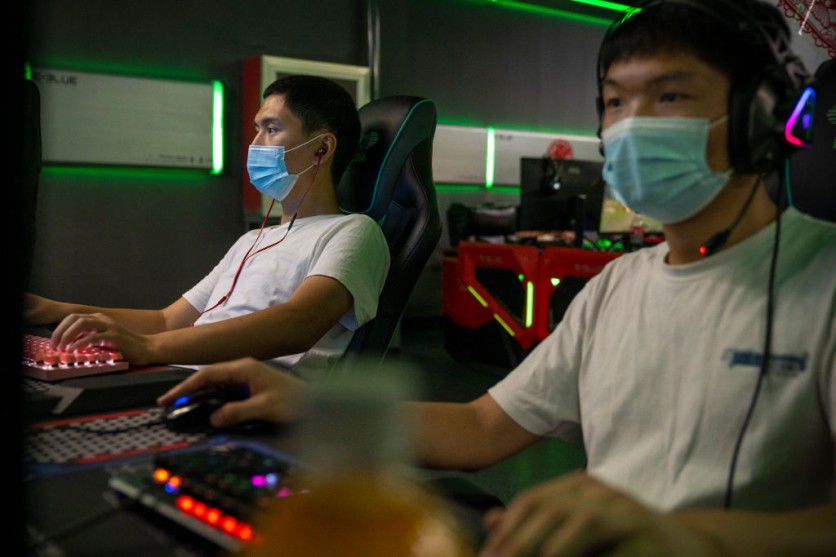China continues to reduce gaming addiction among minors. Recently, the China Audio-Video and Digital Publishing Association, the semi-official gaming industry association of China, reiterated that it is their long-term task to protect children from the harmful effects of video gaming, and currently, it needs more work.

The association summarized the latest report on video game literacy in a two-day annual conference in Guangzhou. It stated that the industry should further improve protection and bolster security measures.
Tackling Gaming Addiction Among Teens
The National Press and Publication Administration (NPAA) regulates online gaming in China. They have implemented several measures since August 2021 to fight gaming addiction among teenagers, which include limiting gaming time for players under 18 years old.
The rules are thriving so far, which means they will remain in place despite other signs that industry regulation is easing in the country. Seventy-five percent of gamers in China under 18 years old have already limited their playing time to three hours a week, as South China Morning Post reported.
Even the world's most extensive gaming business by revenue, Tencent Holdings, has promised to double down on its anti-addiction measures. The company will explore more innovative forms of protection for minors.
Also Read: Why is China so Obsessed With Banning Games? Gaming Crackdown Details Explained
The Restrictions
The current restrictions are in place and apply to any devices, including phones. Individuals under 18 years old are limited to playing for one hour a day from 8 pm to 9 pm on only Fridays, Saturdays, and Sundays. They can also play for an hour, at the same time, on public holidays, according to Reuters.
The restrictions have barred gaming companies from providing services to minors in any form outside the stipulated hours. They should also ensure to have real-name verification systems in place that will oversee the country's video game marker.
Some users support the rules, while others are surprised at how drastic they are.
However, despite the success of the restrictiocould have been betterperfect. Children were able to find loopholes in the system. Some young people rent or buy accounts to access their favorite games. There were also reports that young people could access the games via their parents' accounts.
Tech giants Sony and Microsoft are looking to battle over incubating more Chinese-made games. Sony has plans to invest $140,000 into each game company that comes its way. On the other hand, Microsoft plans to build a team to scot more China-made games.
Regulatory pressure in China is increasing, so many Chinese gaming companies are looking for new ways to make money, such as moving into different markets, genres, and platforms. Even though there is some uncertainty, we still believe that the Chinese gaming market will grow in the future. Non-Chinese publishers can partner with local companies to join the Chinese market and make money.
Related Article: China's Gaming Industry Sees Decline in Revenue for Three Consecutive Months

![Apple Watch Series 10 [GPS 42mm]](https://d.techtimes.com/en/full/453899/apple-watch-series-10-gps-42mm.jpg?w=184&h=103&f=9fb3c2ea2db928c663d1d2eadbcb3e52)



